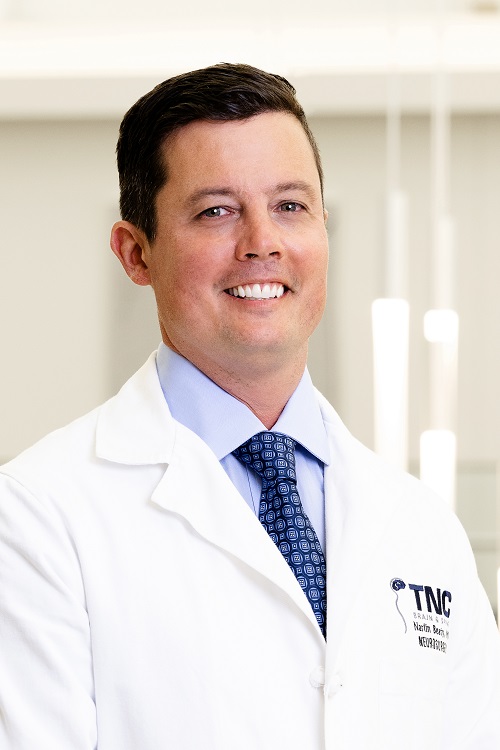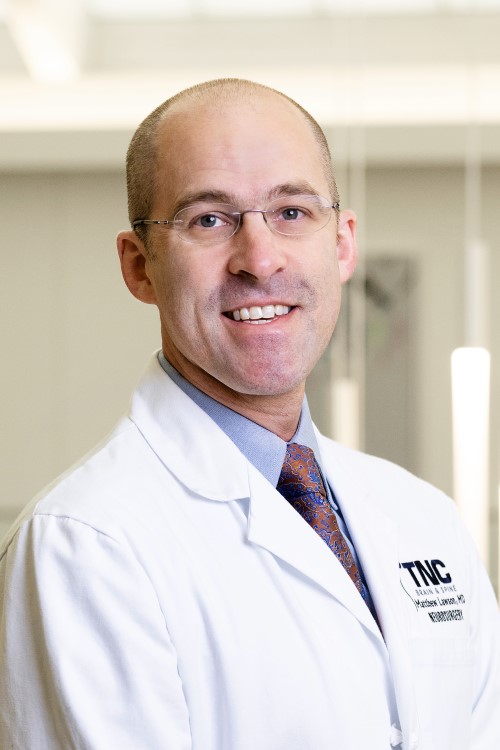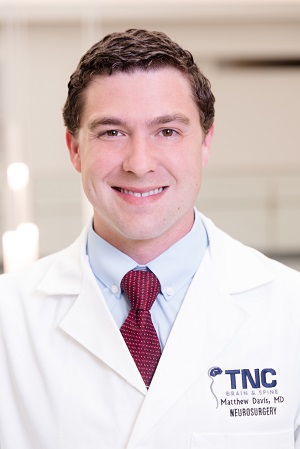Spine Surgery
With expert spine care, we deliver advanced interventions using the latest technologies and techniques, tailored to your unique needs, from minimally invasive spine surgery to complex spine surgery. Our progressive approach ensures personalized treatment, optimal recovery, and long-term success for a healthier life.
What We Treat
Spine conditions can vary widely, from common degenerative changes to complex deformities and post-surgical complications. At TMH, we care for patients across all ages and stages of spinal health, offering expert evaluation and diagnosis for a broad spectrum of spinal issues. Whether you're experiencing persistent pain, structural changes or recovering from a previous procedure, our team is here to guide you toward the right solution.
We treat a wide range of spinal alignment issues, including scoliosis, kyphosis, and other complex deformities in both children and adults.
Our team addresses conditions caused by wear and tear, such as herniated discs, spinal stenosis, and degenerative scoliosis.
We provide care for traumatic injuries, including vertebral fractures and spinal instability.
We treat spinal cord tumors, lesions, and vascular malformations that may affect spinal function.
If you've had prior spine surgery and are experiencing ongoing pain or complications, we offer revision procedures and personalized solutions.
What We Do
Our spine specialists offer a full range of surgical and non-surgical treatments tailored to your condition and goals. From minimally invasive techniques to advanced reconstructive procedures, we focus on restoring function, relieving pain and helping you return to the life you love. Every treatment plan is built around your unique needs, with precision and compassion at every step.
We offer advanced techniques like discectomy, kyphoplasty, vertebroplasty, and minimally invasive spinal fusion — all designed to reduce recovery time and improve outcomes.
For patients with severe deformities or multi-level spinal issues, we provide comprehensive surgical solutions including complex spine surgery and spinal reconstruction.
Our team offers implantable devices such as spinal cord stimulators and intrathecal pumps to help manage chronic pain.
We specialize in correcting failed fusions, replacing broken hardware, and realigning vertebrae to restore spinal stability.
Revisional Spine Surgery
If you've undergone spine surgery but continue to experience pain or limited mobility, you're not alone. Many patients face challenges after their initial procedure — a condition often referred to as Failed Back Surgery Syndrome.
Tallahassee Memorial HealthCare offers advanced revision spine surgery tailored to your unique needs.
Explore the FAQ section below to learn more about revisional spine surgery at TMH.
Frequently Asked Questions
Not always. While surgery can be a successful solution for chronic pain, it’s not the best option for everyone. If our team determines that another form of pain management is better for you, we’ll guide you to the right treatment.
Yes. At TMH, our goal is to help you live a safe, pain-free life. Our surgeons, including Dr. Baum, specialize in treating failed back surgery syndrome and performing revision surgeries.
Chronic pain after surgery can result from various causes. It might not mean the previous procedure failed but could indicate a different condition or a new problem. During your consultation, your provider will perform a physical exam and review imaging to determine if additional surgery could help. Symptoms of failed back surgery may include chronic pain in the back, neck, or legs, ranging from dull aches to sharp, burning sensations.
At TMH, we tailor care to each patient. Your journey begins with a clinic visit to discuss your pain with a provider. Together, you’ll decide the best approach, which may or may not involve surgery. If surgery is recommended, imaging will help create a custom plan. On the day of surgery, your surgeon will meet with you to review the plan and answer any last-minute questions. After the procedure, your surgeon will check in to ensure you’re on track for recovery.
Following surgery, your surgeon will assess your progress and ensure your needs were met. Your care team may recommend working with our Neuro Rehabilitation team to design a personalized recovery plan, which could include occupational, physical, or speech therapy.




